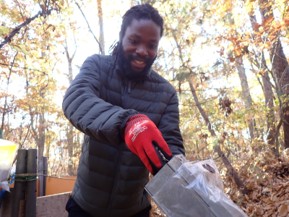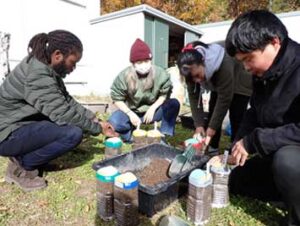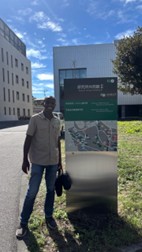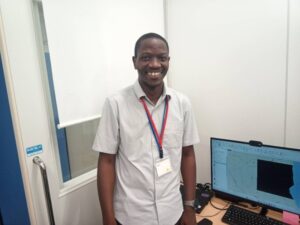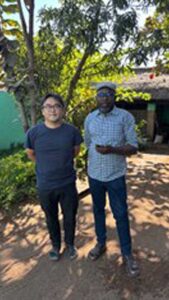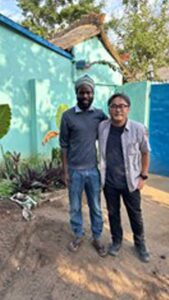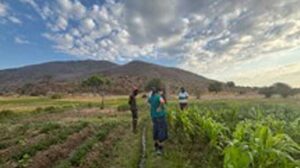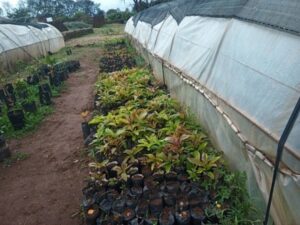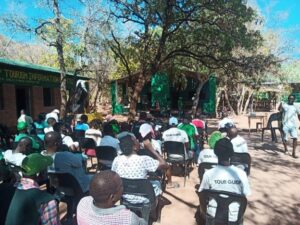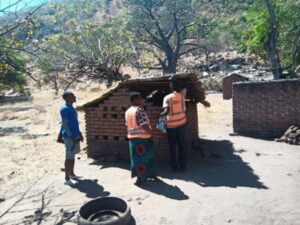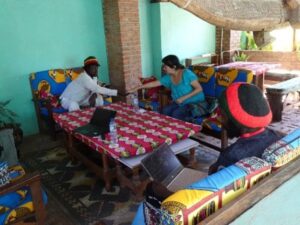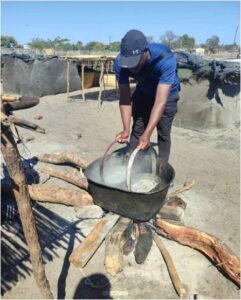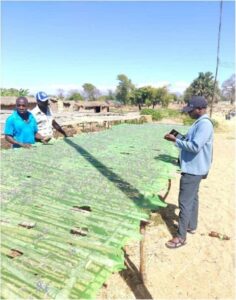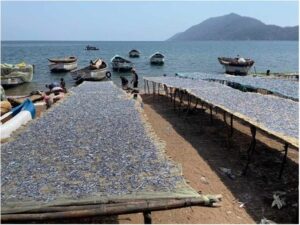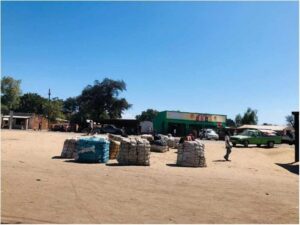 December 2025 Visit Malawi Kiyotaka Tokuraku・Shinya Yamanaka・Tetsu Sato
December 2025 Visit Malawi Kiyotaka Tokuraku・Shinya Yamanaka・Tetsu Sato
From December 1st to 15th, 2025, Kiyotaka Tokuraku and Shinya Yamanaka travel to Malawi. From November 29th to December 16th, 2025, Tetsu Sato travel to Malawi.
Reports on the progress of the project and future coordination meetings were conducted at the Embassy of Japan in Malawi and the JICA Malawi Office. At WOTA LTD, discussions were held regarding small scale irrigation facilities, along with the collection of information from leading farmers. Surveys were carried out at the Sustainable Cape Maclear Farm, and visits were made to progressive farmers in Zomba, Blantyre, and Lilongwe. Research meetings were also held with Nicholas Sikoya Chanza, John Matewere, and Yasuko Kusakari. In addition, Sato conducted a diving survey in Chirundu.
- Meeting in Chembe Village
- Go for it, 70-year-old! (Prof. Sato conducting a diving survey in Chirundu)
- With Mantis
- Farms around the University of Malawi
- Traveled through vast maize fields on the way to Lilongwe
- Distribution Survey at a Supermarket in Lilongwe
- Extra 1: Lunch at Zathu – Fried Kampango
- Extra 2: Handmade placemats by villagers – Six pieces as souvenirs for Fukushima
- Extra 3: Freshly caught Kampango – To be eaten shortly after
- Extra 4: University of Malawi staff cafeteria – Goat stew
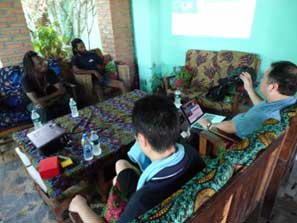
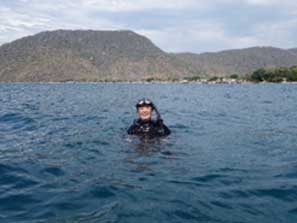
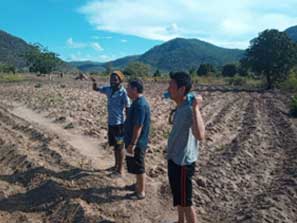
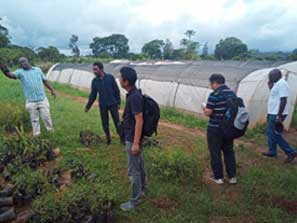
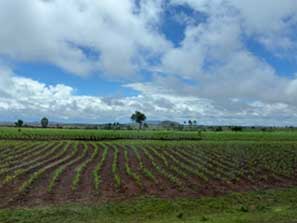



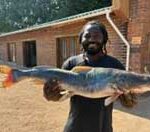

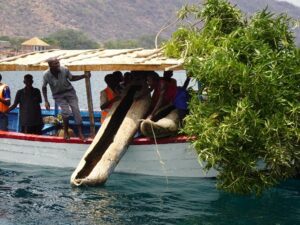

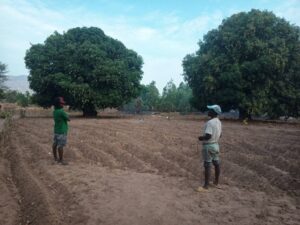
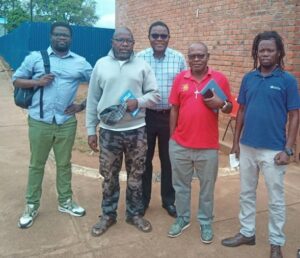

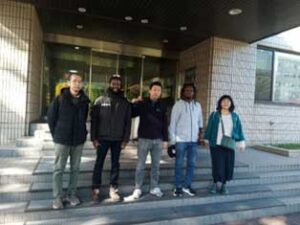
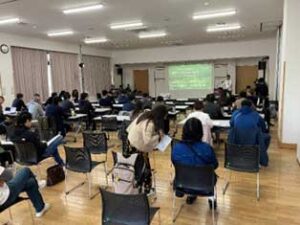
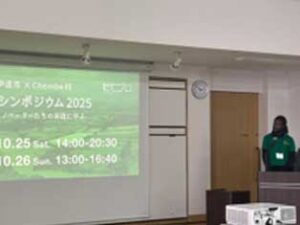
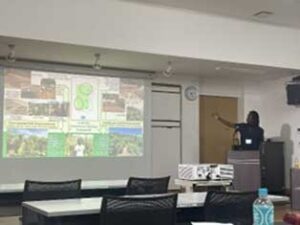
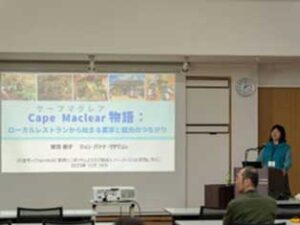

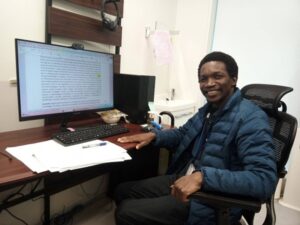
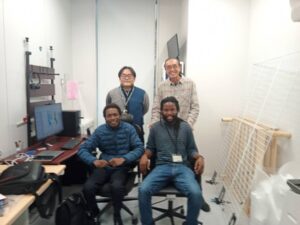
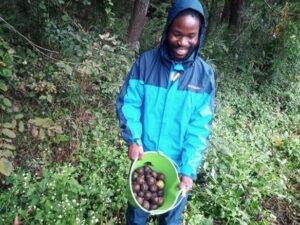
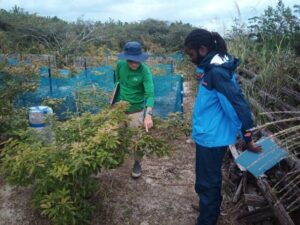
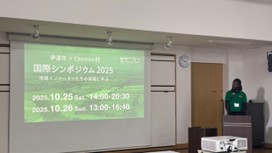 October: Presentation at Muroran Institute of Technology International Symposium, Date City, Hokkaido
October: Presentation at Muroran Institute of Technology International Symposium, Date City, Hokkaido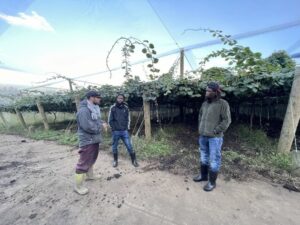
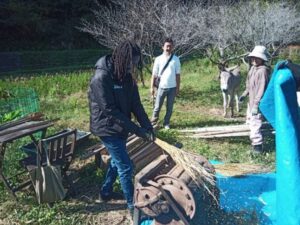
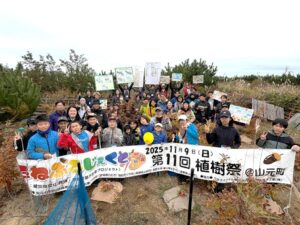 November: Participated in Nagano University’s “Seed Project” tree planting festival in Miyagi Prefecture
November: Participated in Nagano University’s “Seed Project” tree planting festival in Miyagi Prefecture